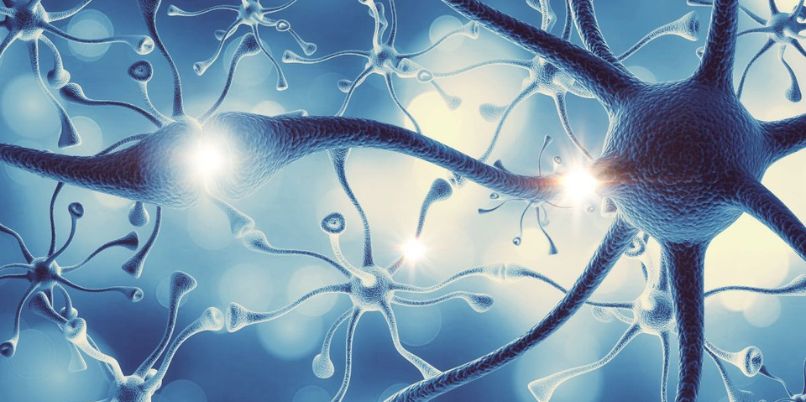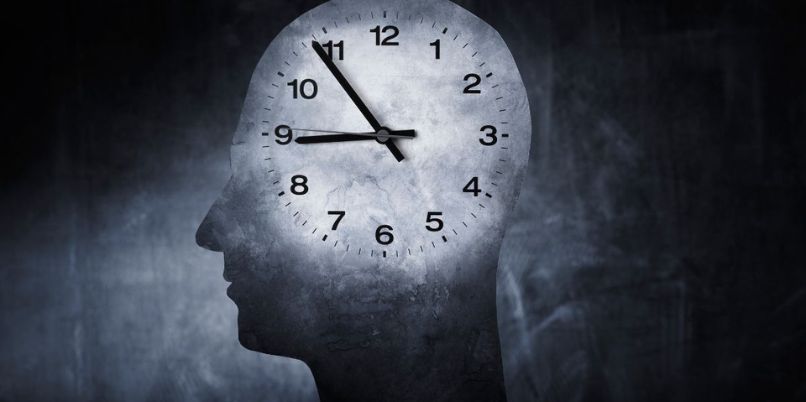Gabapentin is a prescription medication primarily used to treat nerve-related pain and seizures. It's commonly prescribed for conditions like diabetic neuropathy, postherpetic neuralgia (pain following shingles), and partial-onset seizures.
Additionally, an extended-release form of gabapentin, known as gabapentin enacarbil (brand name Horizant), is FDA-approved for treating restless legs syndrome.
Gabapentin, also known by its brand names Neurontin and Horizant, is an anticonvulsant medication commonly used to treat conditions such as nerve pain, seizures, and restless leg syndrome.

Gabapentin works by affecting calcium channels in the brain and nervous system. It inhibits excitatory neurotransmitter release, which helps in managing pain signals and controlling seizures.
While its exact mechanism is not fully understood, its ability to calm nerve activity makes it effective for conditions related to the nervous system.
Yes, people may misuse gabapentin for its calming effects, leading to dependence or misuse. Health professionals recommend using it only as prescribed to avoid dependency.
While gabapentin is not classified as a controlled substance, there is some potential for misuse and addiction, especially when taken in large quantities.
When discontinuing gabapentin, especially after long-term use, your body may experience withdrawal symptoms as it adjusts to the absence of the medication.
Here are the potential side effects of stopping gabapentin:

If you’ve been taking gabapentin for a while and are considering stopping, it’s normal to wonder how long the withdrawal symptoms will last. While the timeline can vary from person to person, here’s a general idea of what you might expect.
For most people, gabapentin withdrawal symptoms begin within 12 to 24 hours of reducing the dose or stopping the medication completely. The symptoms usually peak within 1 to 2 days, and for many, they start to subside after about 3 to 7 days. However, some symptoms, like anxiety or insomnia, can linger for a couple of weeks.
If you’ve been on gabapentin for a long time, your withdrawal might last a bit longer, and symptoms could be more intense. It’s also important to keep in mind that everyone’s body is different, so the experience of withdrawal can vary.
Yes, gabapentin withdrawal is generally not life-threatening, but it can be uncomfortable and, in rare cases, lead to more serious complications, especially if not managed properly.

Weaning off gabapentin should be done gradually under the guidance of a healthcare provider to avoid withdrawal symptoms and minimize risks.
Here are the steps for safely tapering off gabapentin:
Managing gabapentin withdrawal can be challenging, but you don’t have to do it alone. Our team is here to guide you every step of the way with personalized support and expert care.
At our Bridges Sober Living home in Los Angeles, we understand the challenges of gabapentin withdrawal and are here to provide the support you need. Whether you're managing withdrawal or focusing on long-term sobriety, our structured environment and compassionate community can help you stay on track.
If you're looking for a safe, supportive environment to help you manage withdrawal and build a lasting recovery, contact us today.